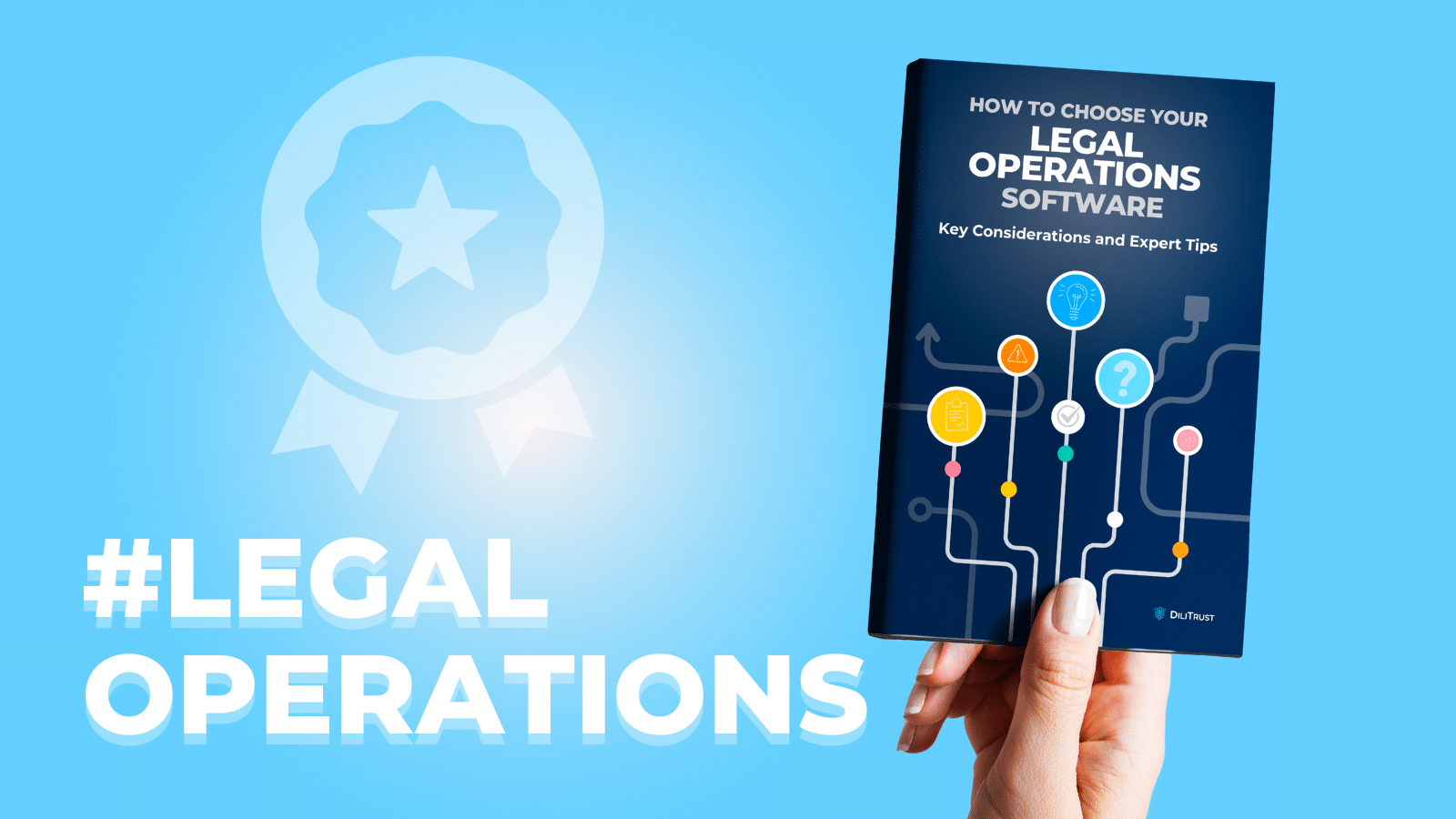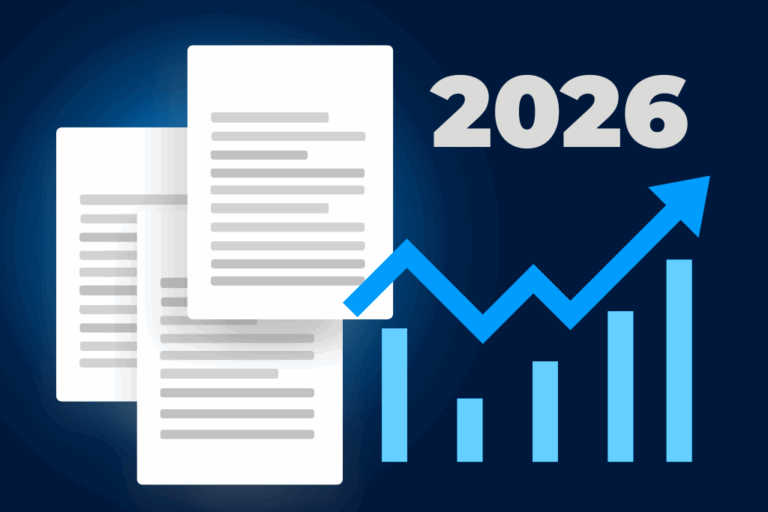LegalTech is everywhere. Whether the focus is on boards driving strategic initiatives in contract management or on legal teams enhancing matter management, the common goal is clear: to work more efficiently with fewer resources. While the state of LegalTech may look different around the world, the direction and objectives are similar.
But not all regions are progressing at the same pace. In this piece, we explore how different markets around the world are approaching LegalTech, examining their priorities, levels of maturity, and patterns of adoption.
So, how is LegalTech reshaping corporate legal work in the MENA region, North America, and some European countries.
United States: Mature Market Under Growing Work Pressure
In the United States, the legaltech market is highly mature, so much so that these tools are no longer seen as optional but as essential. The main challenges today arise from mounting pressure to do more with less, with legal departments often not being prioritized when it comes to budget. An ACC survey found that 42% of legal teams are under cost-cutting mandates, 59% report rising workloads, and nearly half plan to invest in technology to help manage the squeeze.
Since the market is so mature, legal professionals in the United States are not necessarily seeking specific tools, as many already have what they need. Instead, teams are increasingly focused on AI-powered features that can alleviate time constraints and generate cost savings. According to the 2025 CLOC State of the Industry, 30% of legal departments already use AI, and 54% plan to adopt it within the next two years.
One of the key challenges in the region is that adoption still varies significantly depending on company size. Many organizations also struggle to adapt and integrate their legaltech stack with existing internal systems and processes. This often creates frustration for legal teams as well as for other business units that could benefit from tools such as CLM or matter management solutions.
Professional networks like CLOC and ACC play a critical role in addressing these issues, publishing frameworks and case studies that help departments adopt responsibly and measure ROI. The U.S. remains a market to watch closely, as it often sets the standards that others later follow.
Recap:
- Maturity: Mature, not in testing mode.
- Challenges: Internal integrations, slower adoption rates for SMBs
- Top tools: Mainly AI-powered features, in all shapes (CLM, Matter Management, Board Management)
MEA: Building Foundations Amid Complex Regulatory Landscape
In the MEA region, LegalTech is relatively new, but it’s growing at a rampant pace. Corporate teams are experimenting with contract management, legal entity management, and even digital board meeting tools. What stands out most here is the tension between enthusiasm and regulation: in-house teams understand the benefits, but the legal frameworks that would support widespread adoption are still catching up.
Adoption is not uniform. Larger organizations, particularly in the Gulf, are leading the way, while mid-sized departments remain far behind. CLM solutions are the most in-demand, especially among multinationals, but progress has been slowed by the complex regulations each jurisdiction must respect. Unlike in other regions such as Europe, in MEA every country has its own rules. Jordan, Saudi Arabia, and the UAE each have distinct requirements. Many insist on local hosting, and in the UAE, tools must comply with DESC security standards, which already rules out many global vendors.
Language adds another challenge. Most CLM systems generate contracts in English, yet many MEA jurisdictions work primarily in Arabic. Regional legal leaders therefore look for solutions that can not only work globally but also adapt locally.
Still, there are signs of momentum. In 2024, UAE Prime Minister Sheikh Mohammed bin Rashid Al Maktoum announced the creation of a Regulatory Intelligence Office, showing how eager the region is to make emerging technologies, including AI, part of its economy.
Recap
- Maturity: Early stages, good growth rates
- Challenges: Local security standards, language barrier and adoption rates according to company size
- Top tools: CLM and Board Management
Italy: From Hesitant Steps to Clear Priorities
The Italian market has also seen rather rapid growth in terms of LegalTech adoption; nevertheless, it is still behind its next-door neighbors, France and Spain. We can consider the market established but still in need of growth, and much of that comes down to internal change management. It’s worth remembering that only a few years ago, LegalTech was viewed as a peripheral part of legal work, more of a “nice-to-have.” This perception is changing, despite some very specific challenges the region continues to face.
Despite the changing perception of the legal team, Italy still lacks a strong corporate legal figure. The LegalOps role is not as developed or understood as it is in France, for instance. This can create challenges around internal visibility, making it harder to implement LegalTech tools. Just like in the MEA region, adoption isn’t uniform. Studies have shown that SMBs are more reluctant to adopt CLM, Board Management, or Matter Management solutions. This could also be due to a geographic disparity: digitization in general is higher where local regulatory frameworks enable such growth.
So what are Italian legal professionals buying? There has been growing interest in document automation (including contracts) along with legal research and compliance systems, to name a few. Large organizations are embracing these tools, while mid-sized teams remain cautious.
Still, the trajectory is clear. Italy’s legal departments are focusing their investments, with document automation, compliance management, and contract analytics consistently at the top of their wish lists.
Recap:
- Maturity: Still a developing market
- Challenges: Internal perception of the legal role, SMBs struggle with adoption, digital readiness
- Top tools: Document and contract automation
France: Contract Management is Mainstream, Other Tools are Growing
France is one of Europe’s most advanced markets regarding certain LegalTech tools, notably, contract management solutions. when it comes to contract management.
In this region, once again, adoption rates are particularly higher in large organizations. Using a CLM is no longer in pilot mode; it’s part of daily workflows and established processes. Although CLMs appear to be the strongest contenders for legal professionals, other tools are also emerging. Legal entity management solutions are mainly used by big companies, matter management is on the rise, and board management is usually less cited in research and data reports.
For French legal teams, the challenge is not technical but human. The same AFJE report showed that time investment, budget limitations, and resistance to change create barriers to scale. The reality is that organizations may succeed in installing solutions, but they struggle when it comes to scaling these tools in line with their processes and company growth. The final hurdle is the lack of business sponsorship.
The outlook is positive nonetheless, as the region is increasingly asking how can we make these tools sustainable? rather than why should we use them? This already places France a step ahead, since the convincing part is easier than in other regions, such as we saw in Italy.
Recap:
- Maturity: France is one of the most advanced LegalTech markets in Europe, with CLM already part of daily workflows
- Challenges: Time investment, budget limitations, resistance to change, lack of sponsorship, scaling difficulties
- Top tools: CLM, legal entity management, matter management, board management
Different State of LegalTech, Same Destination
From MENA’s regulatory adaptation to the U.S.’s AI acceleration, Italy’s cautious priorities to France’s CLM maturity, paths differ but the destination is the same: LegalTech is becoming a cornerstone of corporate legal strategy worldwide.
Each region faces its own blockers; regulatory, financial, cultural, or technical, but the global momentum is undeniable. Legal departments everywhere are being asked to do more with less, and technology is the lever that makes that possible. The journey is uneven, but the direction is clear: smarter, faster, and more resilient legal operations.



